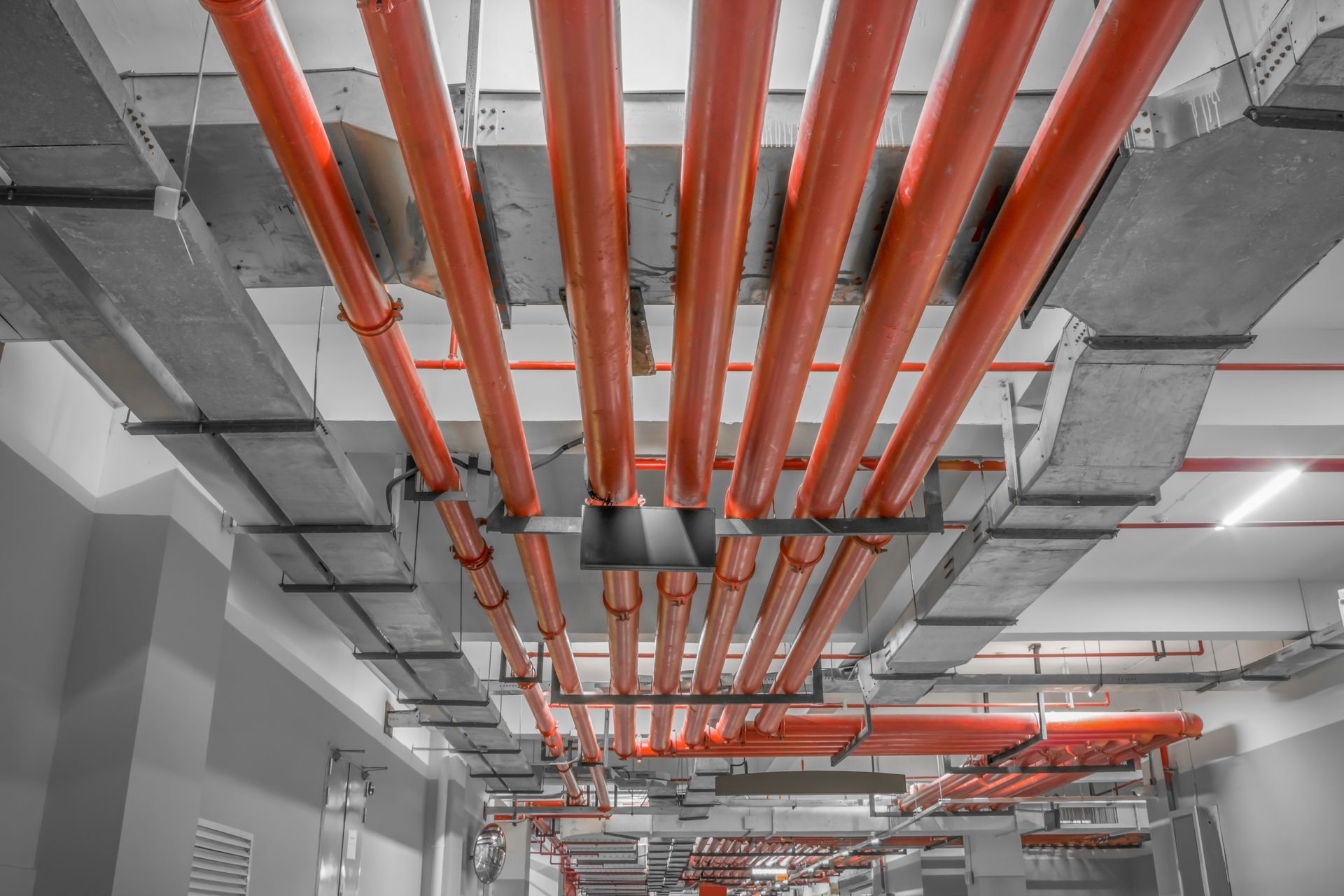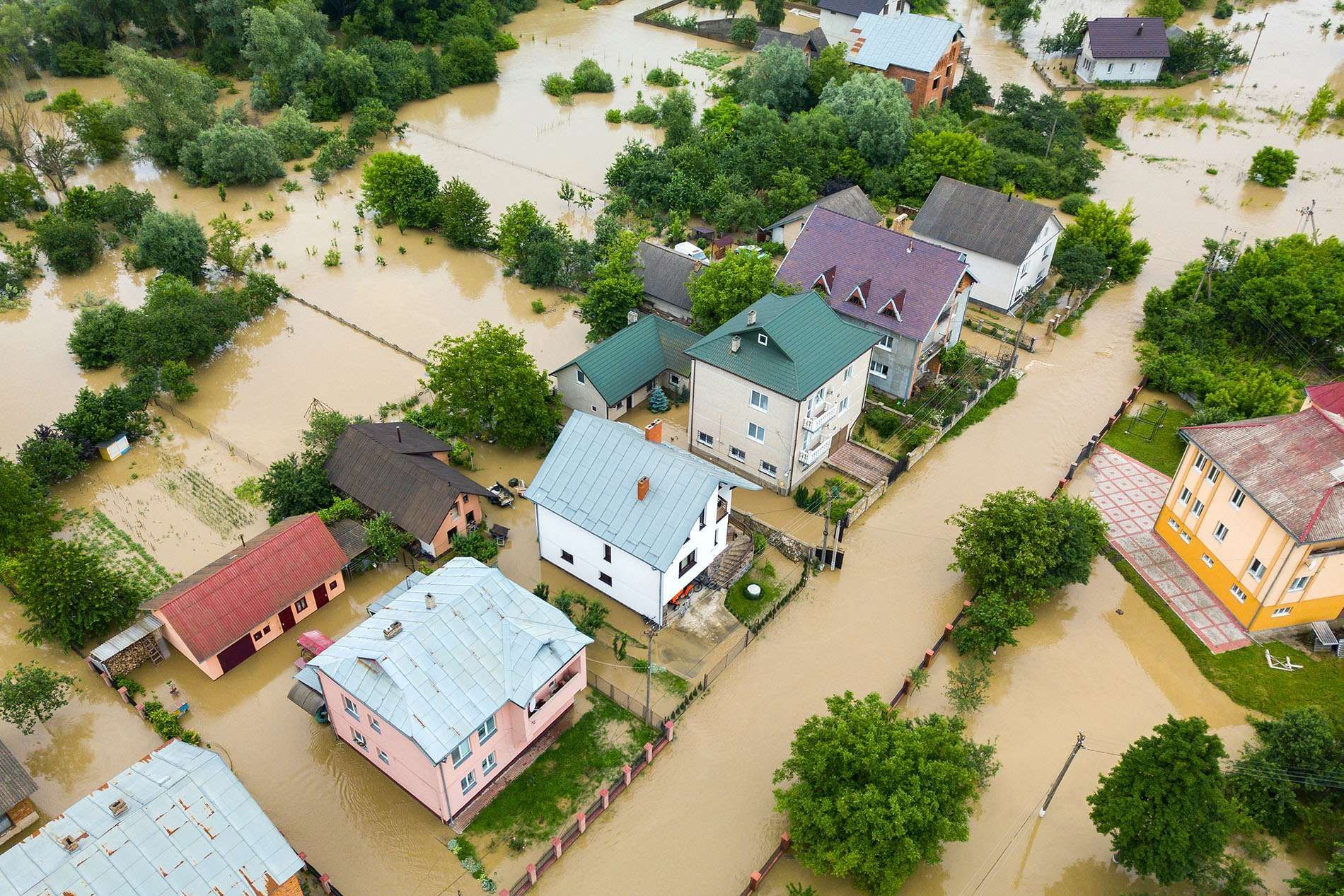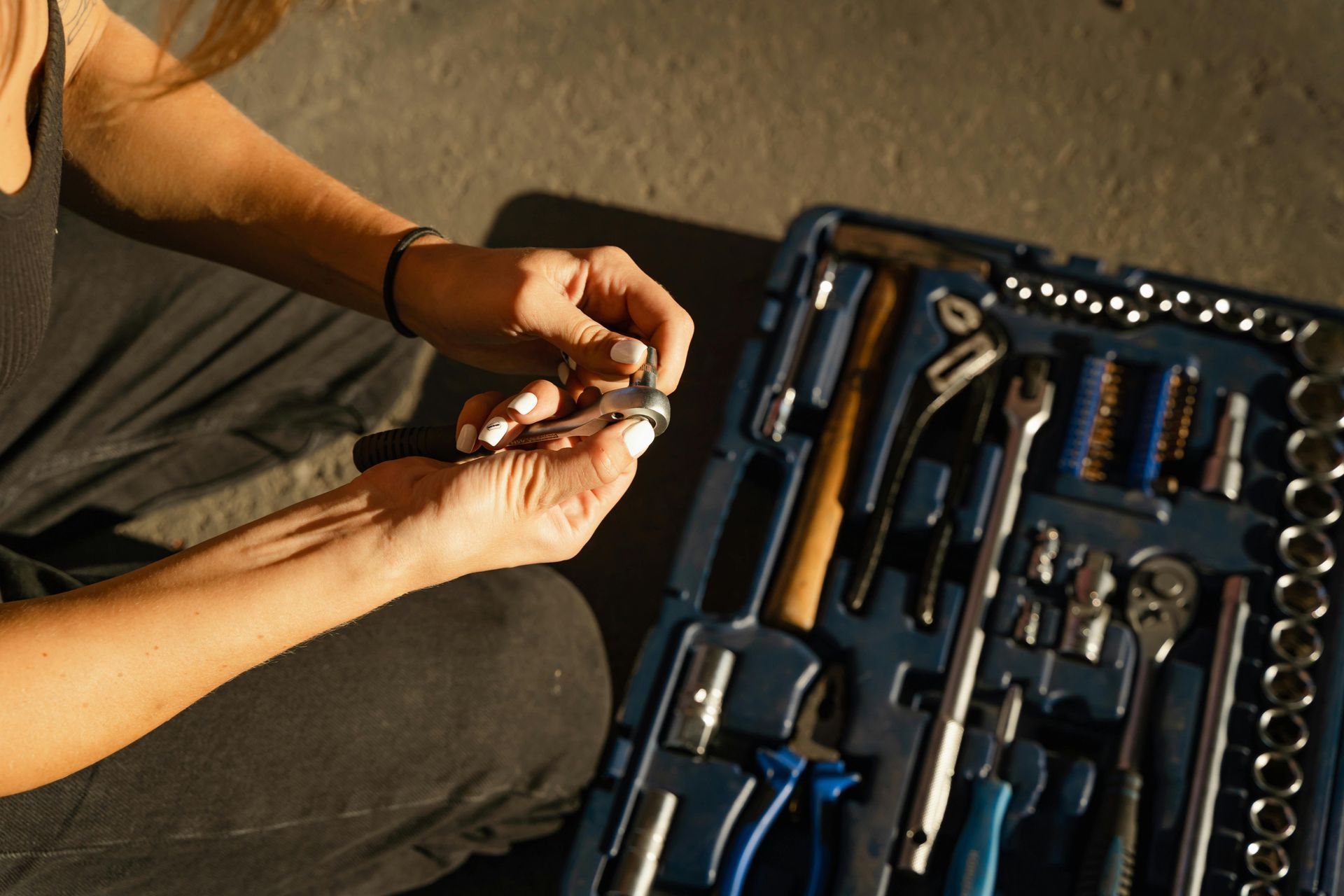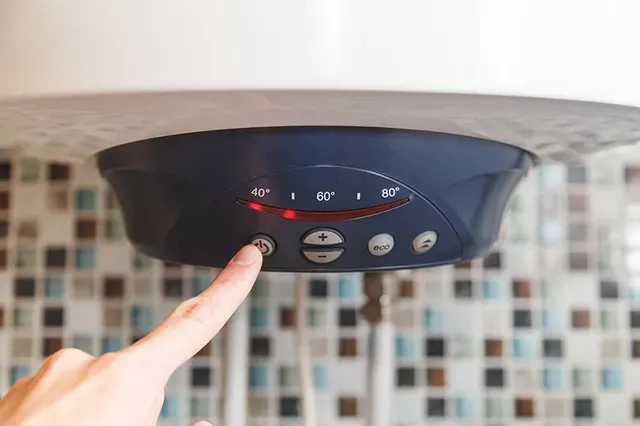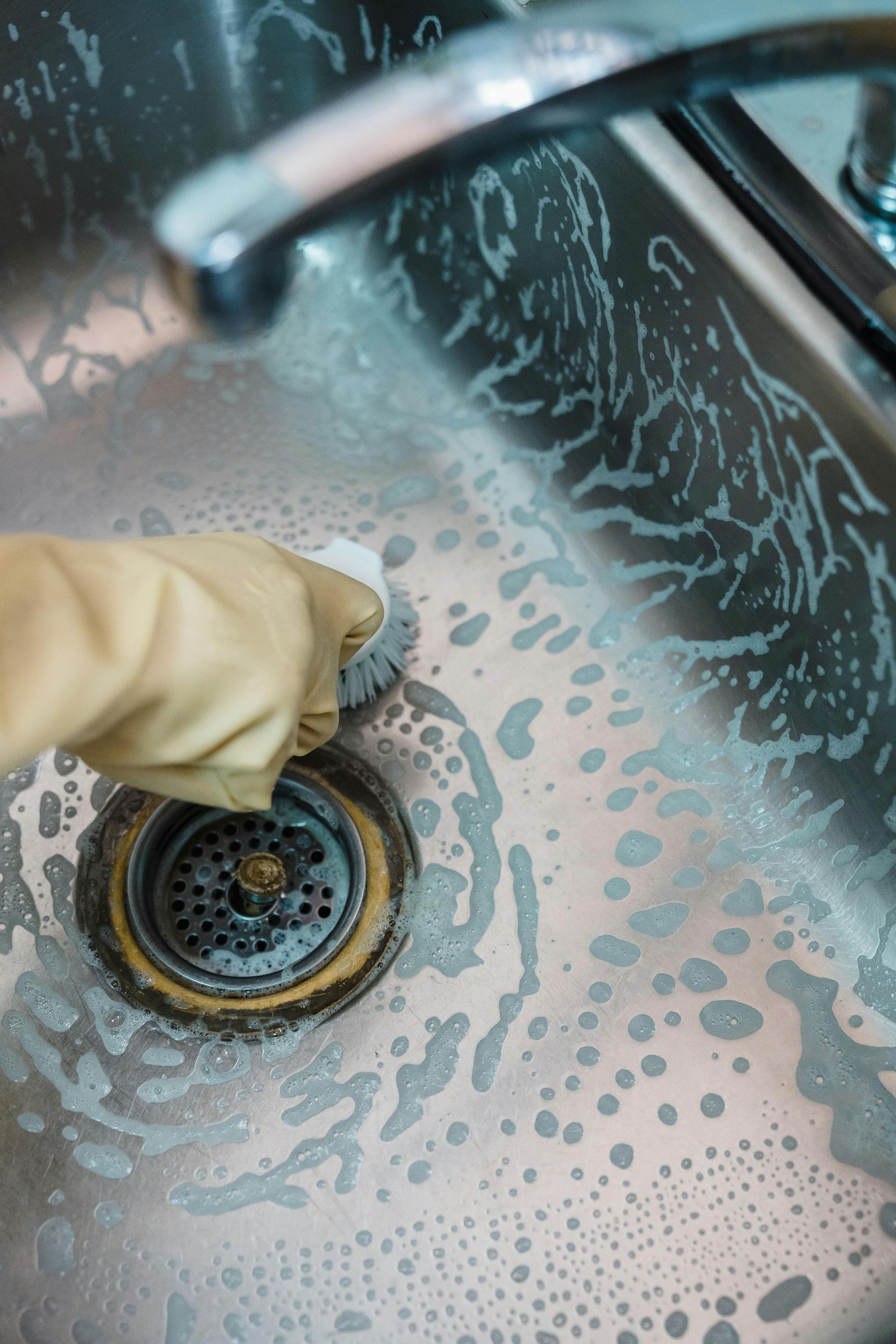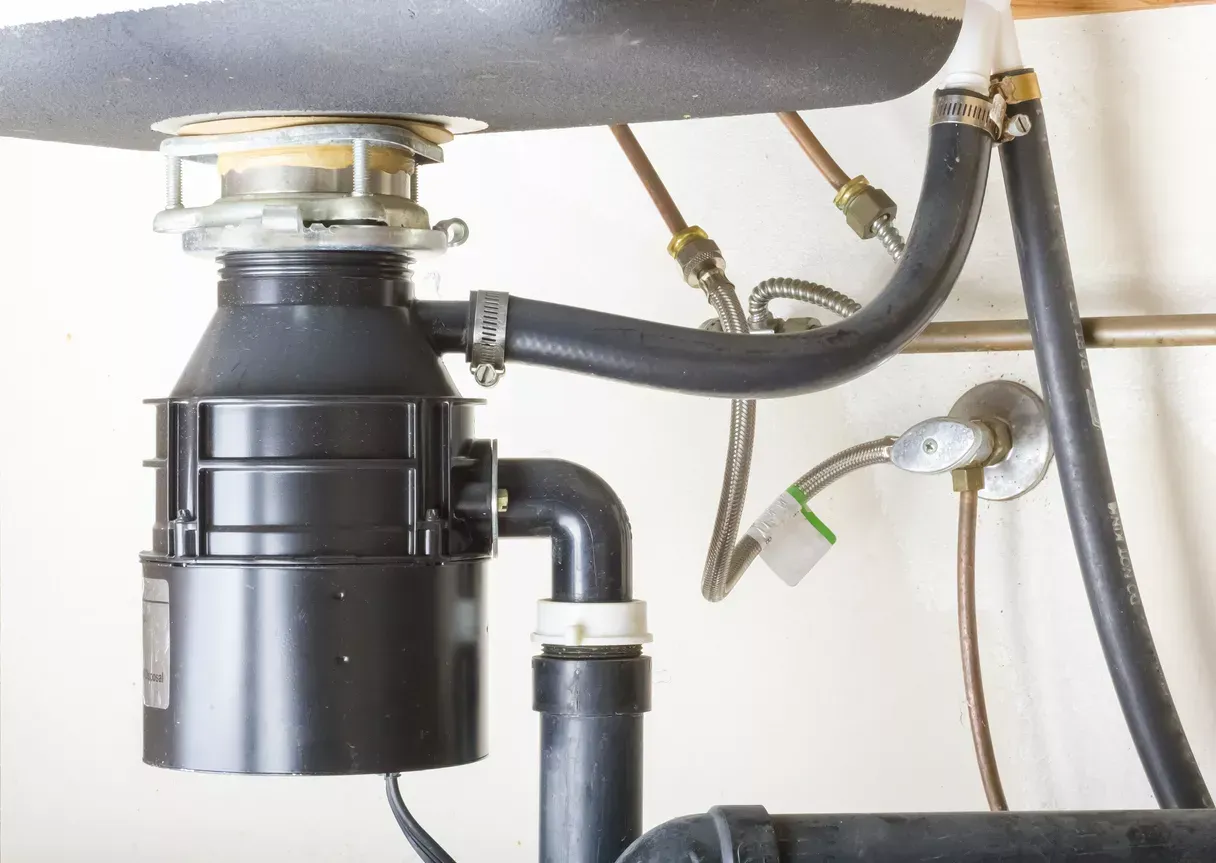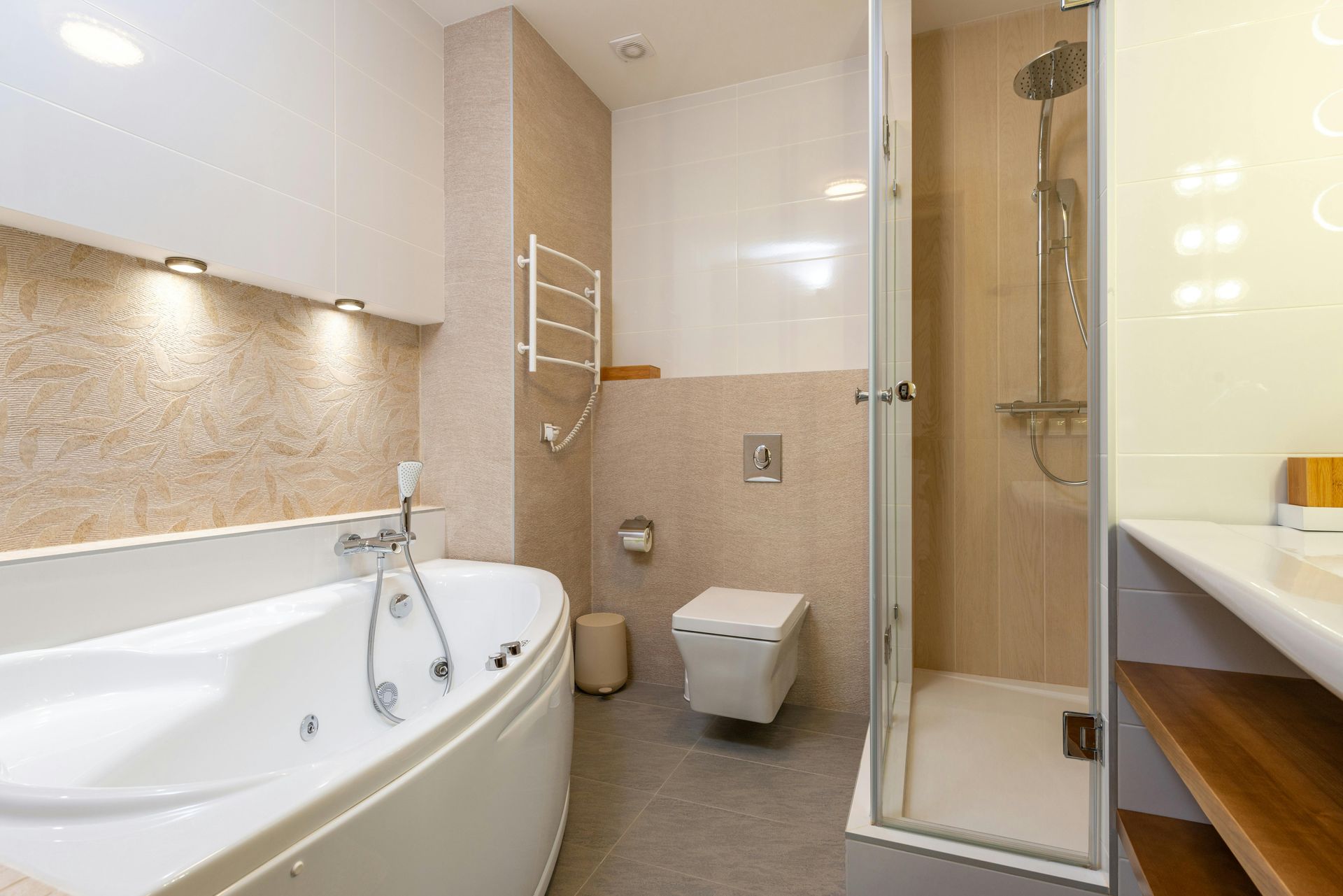How to Improve Your Home’s Water Pressure
Good water pressure is essential for a comfortable and functional home. Whether it’s for a powerful shower, quickly filling a pot, or running multiple appliances simultaneously, water pressure plays a critical role. If your home's water pressure seems too low, it can be frustrating and may signal underlying issues.
In this guide, we’ll explore various ways to improve water pressure in your home, common causes of low water pressure, and preventive measures you can take.
Why Does Water Pressure Matter?
Water pressure is the force that pushes water through your pipes to faucets, showers, and appliances. Poor pressure means slower water flow, which affects daily activities like washing dishes, showering, and even running the washing machine. Low pressure may also signal plumbing issues or leaks, leading to more significant problems if not resolved.
Common Causes of Low Water Pressure
There are several reasons why your home might be experiencing low water pressure. Understanding the root cause will help you choose the best solution.
1. Clogged Pipes
Over time, mineral deposits or debris can build up in your pipes, restricting water flow. This is particularly common in older homes with galvanized pipes. The buildup can lead to weak water pressure throughout your home.
2. Leaky Pipes
Leaks in your plumbing system reduce water pressure since water is escaping before it reaches its destination. Leaks can occur in hidden areas, such as behind walls or underground, making them hard to detect. If you notice a sudden drop in pressure, checking for leaks should be a priority.
3. Pressure Regulator Issues
Many homes have a pressure regulator installed to manage water pressure and prevent damage to the plumbing system. If the regulator fails or is set too low, it can significantly reduce water pressure throughout your home.
4. Partially Closed Valves
Sometimes, the issue is as simple as a valve that isn’t fully open. The main water shut-off valve or individual shut-offs under sinks may not be fully turned on, limiting the water flow and resulting in low pressure.
5. Municipal Water Supply
In some cases, the problem isn’t inside your home at all but comes from the municipal water supply. The local water system may be experiencing issues, or your home may be located in an area with naturally lower pressure due to elevation.
6. Faulty Fixtures
If the water pressure problem is limited to one faucet or showerhead, the issue might be with that specific fixture. Fixtures can get clogged or worn out over time, reducing the flow of water.
How to Improve Water Pressure in Your Home
Once you’ve identified the cause of low water pressure, you can choose the best approach to fix it. Here are some effective methods to boost water pressure.
1. Clean or Replace Clogged Pipes
If mineral buildup or debris is clogging your pipes, you may need to clean or replace them. A professional plumber can perform a pipe flush to remove mineral deposits, or you may need to replace older, corroded pipes with modern alternatives like PEX or copper, which offer better flow.
2. Fix Leaks in the System
Check for leaks throughout your home. If you find a leak, fix it immediately to restore water pressure. Look for signs like wet spots, water stains on walls, or unexplained increases in your water bill. Call a plumber for assistance if the leak is behind walls or underground.
3. Adjust the Pressure Regulator
If your home has a pressure regulator, it’s possible that it’s set too low. You can adjust the regulator yourself by turning the screw clockwise to increase the pressure, but be cautious not to set it too high, which could damage your pipes and appliances. If the regulator is faulty, you’ll need to replace it.
4. Fully Open Valves
Check your main shut-off valve and any smaller valves near sinks or appliances. Ensure they are fully open. Sometimes, valves can be bumped or turned slightly, restricting water flow without you realizing it.
5. Install a Pressure Booster
If your water pressure is consistently low due to the municipal supply, you can install a water pressure booster system. This system increases the pressure coming into your home and can be a lifesaver if you live in a high-elevation area or far from the water source.
6. Replace Old Fixtures
Older fixtures, especially faucets and showerheads, may become clogged with mineral deposits over time. Consider replacing them with modern, high-efficiency fixtures designed to improve water flow while still conserving water.
7. Install a Water Softener
Hard water can contribute to low water pressure by causing mineral buildup in pipes. Installing a water softener helps reduce calcium and magnesium deposits, preventing future clogs and ensuring smoother water flow.
8. Flush Your Water Heater
Sediment buildup in your water heater can also restrict water flow, leading to lower pressure in your home. Flushing your water heater once or twice a year helps maintain water pressure and extends the life of the appliance.
9. Upgrade to Larger Pipes
In homes with particularly low water pressure, you might need to upgrade to larger-diameter pipes. Larger pipes allow more water to flow through the system at a higher pressure. This upgrade is especially beneficial if you’re doing a major renovation or adding new water-intensive appliances.
10. Monitor and Maintain Your System
Regular maintenance is key to preventing future water pressure issues. Monitor your water pressure by using a pressure gauge to ensure it stays within an optimal range (usually between 40-60 psi). Keeping an eye on your plumbing system can help catch issues before they escalate.
Potential Risks of Low Water Pressure
Low water pressure isn’t just inconvenient – it can lead to other problems, including:
- Appliance Damage: Dishwashers, washing machines, and water heaters may not function properly with low pressure, leading to costly repairs.
- Increased Water Bills: Leaks and inefficiencies from low pressure can result in wasted water and higher utility bills.
- Health Risks: Stagnant water in pipes due to low pressure can become a breeding ground for bacteria, leading to potential health hazards.
Preventive Measures
To avoid water pressure issues in the future, follow these preventive steps:
- Regular Inspections: Have a plumber inspect your plumbing system annually to identify potential issues before they become problems.
- Water Softening: If you have hard water, consider installing a water softener to reduce mineral buildup in your pipes.
- Proper Installation: Ensure that all new plumbing installations are done by a licensed professional, particularly when upgrading pipes or installing pressure regulators.
- Maintain Appliances: Regularly maintain appliances like water heaters, dishwashers, and washing machines to ensure they operate efficiently and with proper water pressure.
FAQs
What is the ideal water pressure for a home?
The ideal water pressure for most homes ranges between 40 to 60 psi. Anything below 40 psi may feel weak, while pressure above 80 psi could damage plumbing fixtures and appliances.
Can low water pressure be a sign of a serious plumbing issue?
Yes, low water pressure can indicate significant plumbing problems like leaks, pipe corrosion, or issues with the municipal water supply. If you notice a sudden drop, it’s best to have it checked out.
Should I hire a plumber to fix water pressure issues?
If the cause of low water pressure isn’t something simple like a closed valve or clogged faucet, it’s recommended to hire a plumber to assess and resolve the problem, especially if it involves internal pipes or the water supply system.
Can water pressure affect my water heater?
Yes, low water pressure can prevent your water heater from functioning correctly, leading to inadequate hot water supply. Sediment buildup in the heater can also lower water pressure.
Conclusion
Improving water pressure in your home is vital for comfort, convenience, and the longevity of your plumbing system. By identifying the root cause of low water pressure and taking appropriate steps, you can restore optimal water flow and prevent potential damage. Regular maintenance and monitoring are key to keeping your water pressure in check and avoiding larger plumbing issues down the line.
Facts About Water Line Replacement That Everyone Should Know


